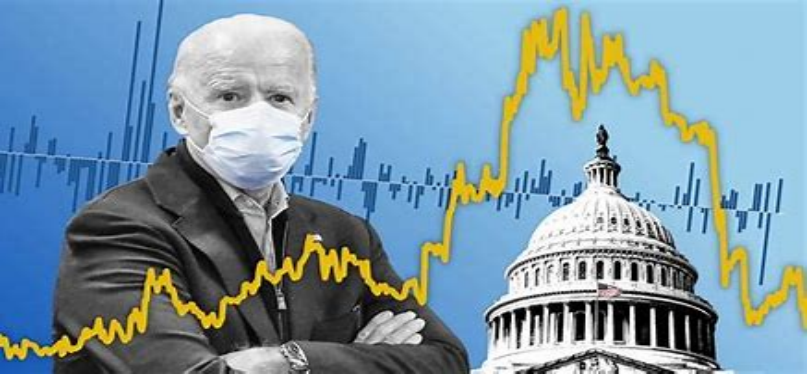HOW GOVERNMENT INTERVENE IN STOCK MARKET
Free markets are frequently thought of as having little to no government intervention. In practise, nevertheless, governments do intervene to maintain market stability, manage transactions, create institutional structures, and uphold laws governing property rights and contracts. When markets fail, governments can also step in and take emergency measures like bailouts.
This article will examine how the government impacts the economy and industry in ways that frequently have unanticipated results.
· CURRENCY AND INFLATION
Inflationary money first seems fantastic, especially for investors who witness soaring corporate profits and share prices, but in the long run, it results in a general depreciation of value. Savings have no value, which punishes bond purchasers and savers. This is excellent news for debtors since they now have to pay less to pay off their obligations, which hurts those who purchased bank bonds based on those loans once again. This increases the allure of borrowing, but interest rates quickly rise and eliminate that allure.
· INTEREST RATES
Despite frequently being used to fight inflation, interest rates are still a powerful tool. This is due to the fact that they may boost the economy by lowering borrowing costs. Instead of hiking interest rates, the Federal Reserve should consider lowering them to encourage businesses and consumers to borrow more money and make more purchases.
Unfortunately, this may also result in asset bubbles, in which enormous sums of wealth are lost abruptly rather than gradually as happens with inflation. This takes us to the third method the government can affect the market.
Click here for Visit full article



Comments
Post a Comment